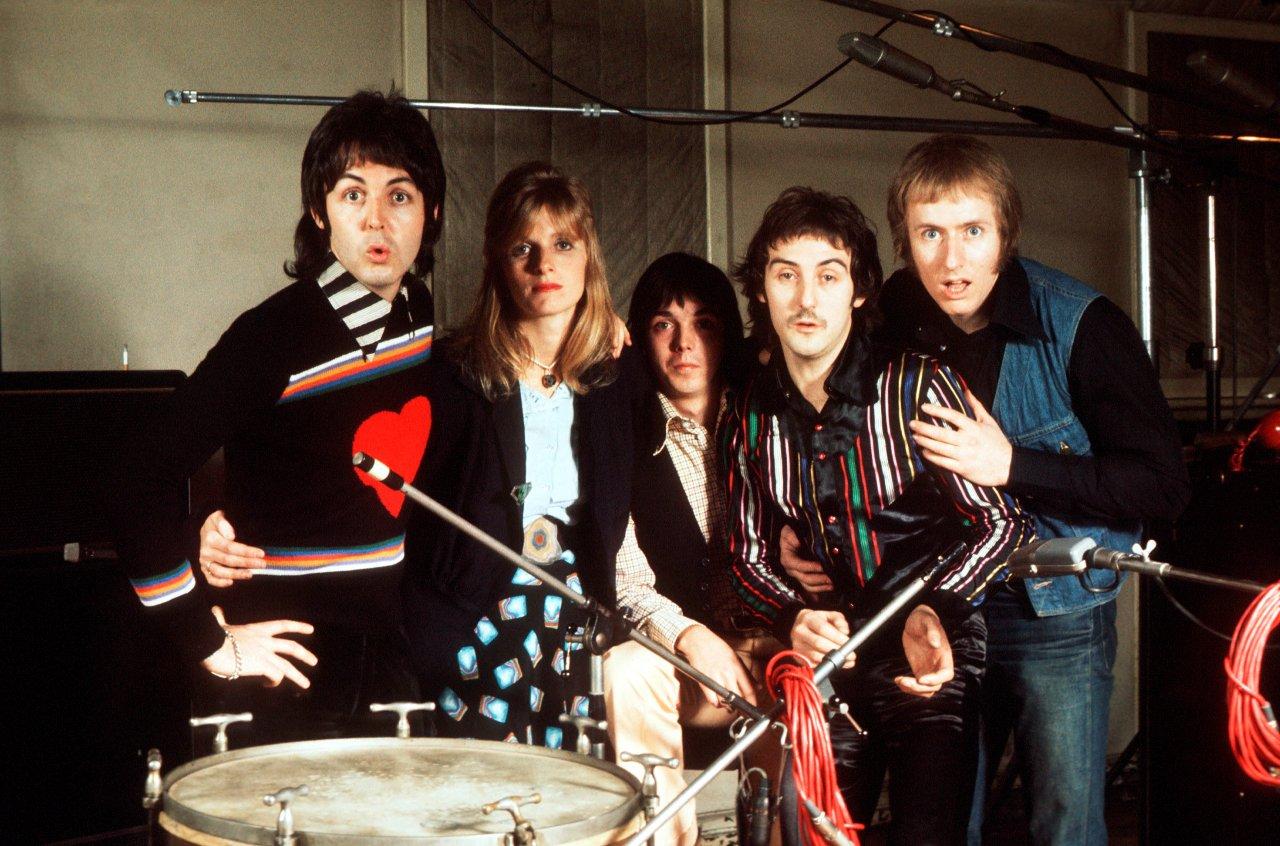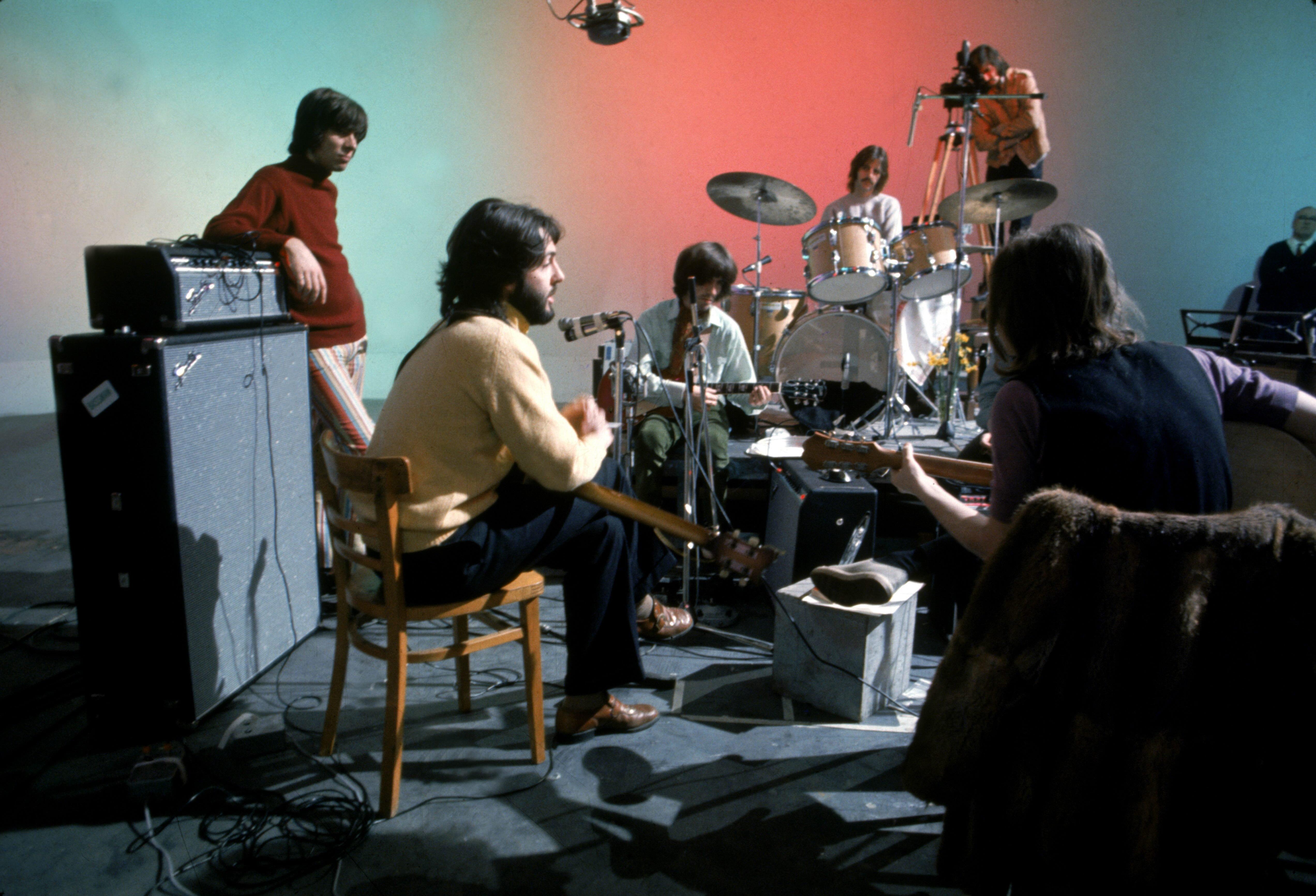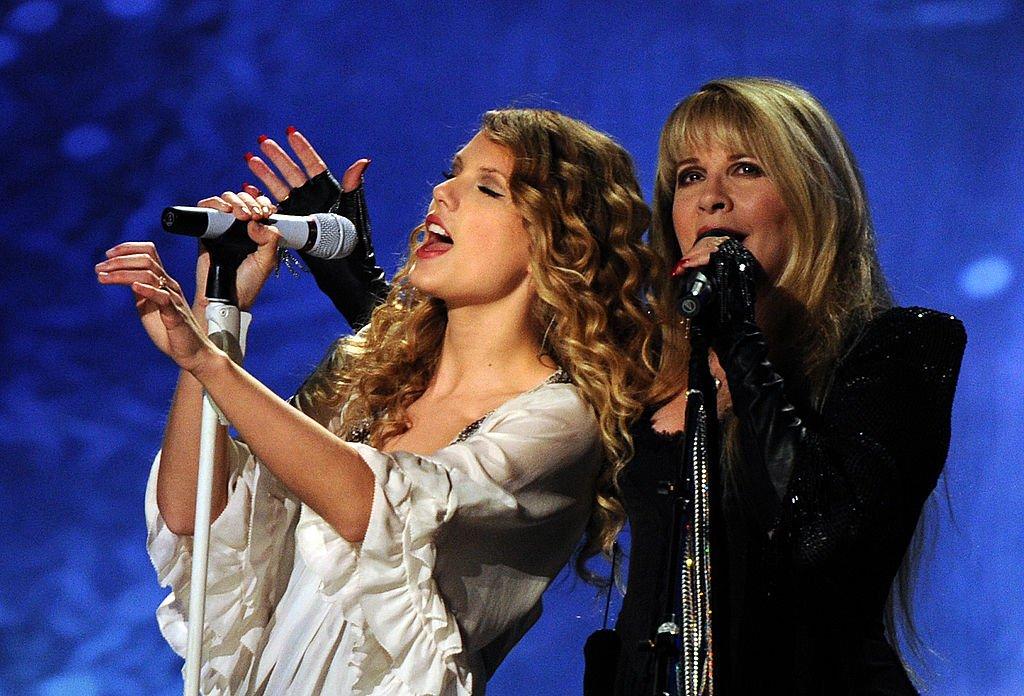The National Football League sponsored a great prelude to the GRAMMY Awards this year. Yeah, there was the game between the New England Patriots and New York Giants. But for us music lovers, it was all about seven-time GRAMMY winner Madonna's halftime performance with LMFAO, M.I.A. and Best New Artist GRAMMY nominee Nicki Minaj (oh, and the commercials, too). Is there a better way to warm up for the 54th GRAMMY Awards on Feb. 12?
Well, we can think of one other: warm-up following all the star-studded events in the week leading up to the GRAMMYs here at GRAMMY.com. We'll have video, photos and play-by-play after each event, and you can join the action each day and night by following @TheGRAMMYs on Twitter, liking "The GRAMMYs" on Facebook, and joining the GRAMMYs' social communities on YouTube, Tumblr, Foursquare, GetGlue, and Instagram. You never know what one of your favorite music stars may say or do.
For now, we'll simply give you a taste of what's to come.
Arguably the highest-profile event this side of the GRAMMY Awards, the Pre-GRAMMY Gala is a private VIP party held in conjunction with music mogul Clive Davis. It hosts the biggest names in entertainment the night before the GRAMMYs. This red carpet rivals the GRAMMYs and the Oscars.
Next on the "how do I get a ticket to that?" list is the MusiCares Foundation's Person of the Year gala, which both raises money for MusiCares, and features a list of stars honoring a music industry giant. This year legendary Beatle Paul McCartney will be honored.
If that's not exactly the tip of the iceberg, there's still plenty of iceberg left.
The GRAMMY Foundation will host several events that will be especially noteworthy this year. The Entertainment Law Initiative Luncheon is an annual event that brings together legal professionals with aspiring law students to discuss hot-button topics in the entertainment law field. This year, Spotify CEO Daniel Ek will deliver the keynote address. You can also read our exclusive interview with Ek here.
Similarly, the Foundation's 14th Annual Music Preservation Project, "One Night Only — A Celebration Of The Live Music Experience," will bring in the star power to celebrate the impact of live music performance. Robert Cray, Jonny Lang, Bret Michaels, Mavis Staples, Tyrese and others will join co-hosts Sharon Osbourne and Steve Vai, so get your glow sticks and lighter apps eady.
The Foundation also hosts GRAMMY Camp — Basic Training, a one-day educational event that is tailored to give students and aspiring young musicians a taste of what the music industry feels like from the inside. Participants will include GRAMMY-winning producer Warryn Campbell, artists BC Jean and Sarah Darling, and radio personality DJ Skee.
The Academy will also again host the Social Media Rock Stars Summit, a panel discussion featuring some of the prime architects in the field, including Spotify artist-in-residence and Recording Academy member D.A. Wallach as well as GetGlue founder/CEO Alex Iskold, Shazam CEO Andrew Fisher and Turntable.fm CEO Seth Goldstein, among others.
As The Academy continues to focus on minimizing the ecological impact of the GRAMMY Awards, GRAMMY Week will once again feature a greening summit, The Sound Of Social Change, designed to look at how the music industry is taking similar steps.
The Producers & Engineers Wing will present "Moving The Needle," highlighting the career of music producer and entrepreneur Jimmy Iovine. Iovine co-founded Beats Electronics with Dr. Dre and has produced artists ranging from Stevie Nicks to U2.
This year, The Academy will also celebrate music's impact on style and fashion with GRAMMY Glam, which will feature a DJ set by GRAMMY winner Erykah Badu. Looking to take your glam game to the next level? Be sure to visit www.grammy.com/glam.
And The Recording Academy also honors legendary music acts and industry figures with its annual Special Merit Awards Ceremony & Nominees Reception, where groundbreaking artists are honored with the Lifetime Achievement, Trustees and Technical GRAMMY Awards. This year's honorees include such luminary artists as the Allman Brothers Band, Glen Campbell and Diana Ross.
It's all capped off by the 54th Annual GRAMMY Awards on Sunday, Feb. 12. While tuning in to CBS for the telecast, be sure to log on to GRAMMY.com to follow our liveblog, your ticket to follow the show online and join the conversation. After the show, The Academy celebrates in style with its stunning after-party, the GRAMMY Celebration.
How can you experience GRAMMY Week? By checking in at GRAMMY.com. We'll provide blog coverage, photos, and video. And beginning Friday, Feb. 10, you can get an insider's view into the three days of VIP events leading up to the show with GRAMMY Live, including real-time coverage and highlights and a complete stream of the GRAMMY Pre-Telecast Ceremony.
Come back to GRAMMY.com and experience GRAMMY Week, and don't forget to tune in to the 54th Annual GRAMMY Awards on the CBS Television Network from 8–11:30 p.m. ET/PT.


.webp)






